SUPREME COURT ON SINGER'S ENTRY BAN
입력 2019.07.12 (14:59)
수정 2019.07.12 (16:52)
읽어주기 기능은 크롬기반의
브라우저에서만 사용하실 수 있습니다.
[Anchor Lead]
Singer Yoo Seung-jun, who was banned from entering Korea 17 years ago, because of his renouncement of his Korean citizenship as a way to avoid military service in Korea, could finally obtain a permit to visit the country. South Korea's Supreme Court has recently ruled, that the consulate general's decision to deny the singer's request for a travel visa was illegitimate, and sent the case to a Seoul court for a re-trial. All eyes are now on whether Yoo Seung-jun will be able to visit Korea after many years.
[Pkg]
Back in 2002, singer Yoo Seung-jun had to return to the U.S. without even a chance to exit the Korean airport. An entry ban was issued against him.
[Soundbite] YOO SEUNG-JUN(FOLLOWING ENTRY BAN IN 2002) : "It was a chance for me to explain my position. It was very regretful and frustrating to hear that they issued an entry ban against me."
At the time, the Korean government denied entry for Yoo under the Immigration Control Law by saying that if Yoo resumed his broadcasting career in the country, it would undermine the morale of Korean soldiers and possibly encourage draft evasion. In 2015, when the singer turned 38, the age when he was no longer mandated to serve in the military, he issued a video apology on the internet and applied for the F4 visa, which is issued to overseas Koreans, through the Los Angeles
Consulate General. However, the consulate general denied his request citing the entry ban that was issued against him in 2002. Yoo filed a lawsuit. The courts of first and second instance ruled that the refusal to issue a visa for the singer was legitimate. However, those rulings were overturned by the Supreme Court. The judges said that it was unlawful for the consulate general to turn down Yoo's visa request without any judgment simply on the grounds of the entry ban issued in 2002. The judges added that the law on overseas Koreans does not prohibit Koreans abroad from residing in the country after they turn 38 years of age, even if they acquire a foreign
citizenship to evade military service in Korea.
[Soundbite] LIM SANG-HYUK(YOO SEUNG-JUN'S ATTORNEY) : "The Supreme Court's ruling means that it is time for Korean society to forgive Yoo, as he feels remorse for what he did and has regretted his decision for 17 years."
The Supreme Court has sent the case for re-trial citing the law on overseas Koreans. The latest ruling could pave the way for the singer's long-awaited visit to Korea.
Singer Yoo Seung-jun, who was banned from entering Korea 17 years ago, because of his renouncement of his Korean citizenship as a way to avoid military service in Korea, could finally obtain a permit to visit the country. South Korea's Supreme Court has recently ruled, that the consulate general's decision to deny the singer's request for a travel visa was illegitimate, and sent the case to a Seoul court for a re-trial. All eyes are now on whether Yoo Seung-jun will be able to visit Korea after many years.
[Pkg]
Back in 2002, singer Yoo Seung-jun had to return to the U.S. without even a chance to exit the Korean airport. An entry ban was issued against him.
[Soundbite] YOO SEUNG-JUN(FOLLOWING ENTRY BAN IN 2002) : "It was a chance for me to explain my position. It was very regretful and frustrating to hear that they issued an entry ban against me."
At the time, the Korean government denied entry for Yoo under the Immigration Control Law by saying that if Yoo resumed his broadcasting career in the country, it would undermine the morale of Korean soldiers and possibly encourage draft evasion. In 2015, when the singer turned 38, the age when he was no longer mandated to serve in the military, he issued a video apology on the internet and applied for the F4 visa, which is issued to overseas Koreans, through the Los Angeles
Consulate General. However, the consulate general denied his request citing the entry ban that was issued against him in 2002. Yoo filed a lawsuit. The courts of first and second instance ruled that the refusal to issue a visa for the singer was legitimate. However, those rulings were overturned by the Supreme Court. The judges said that it was unlawful for the consulate general to turn down Yoo's visa request without any judgment simply on the grounds of the entry ban issued in 2002. The judges added that the law on overseas Koreans does not prohibit Koreans abroad from residing in the country after they turn 38 years of age, even if they acquire a foreign
citizenship to evade military service in Korea.
[Soundbite] LIM SANG-HYUK(YOO SEUNG-JUN'S ATTORNEY) : "The Supreme Court's ruling means that it is time for Korean society to forgive Yoo, as he feels remorse for what he did and has regretted his decision for 17 years."
The Supreme Court has sent the case for re-trial citing the law on overseas Koreans. The latest ruling could pave the way for the singer's long-awaited visit to Korea.
■ 제보하기
▷ 카카오톡 : 'KBS제보' 검색, 채널 추가
▷ 전화 : 02-781-1234, 4444
▷ 이메일 : kbs1234@kbs.co.kr
▷ 유튜브, 네이버, 카카오에서도 KBS뉴스를 구독해주세요!
- SUPREME COURT ON SINGER'S ENTRY BAN
-
- 입력 2019-07-12 15:04:40
- 수정2019-07-12 16:52:36
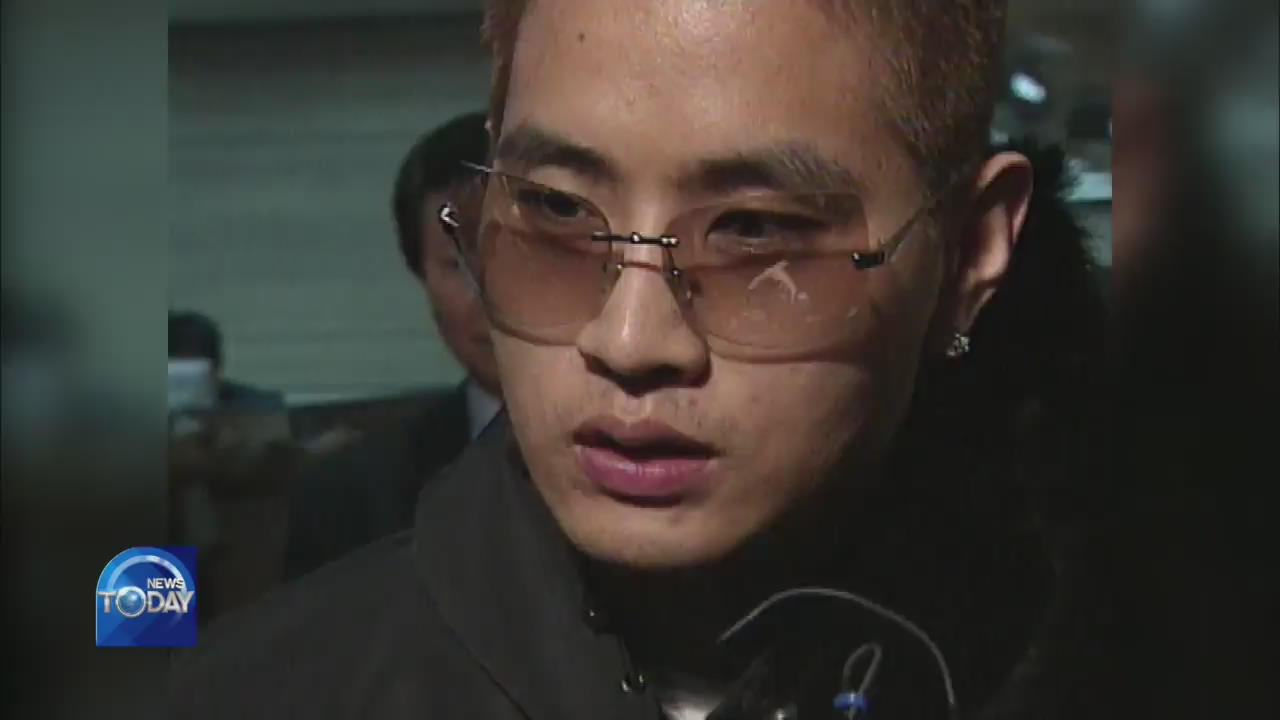
[Anchor Lead]
Singer Yoo Seung-jun, who was banned from entering Korea 17 years ago, because of his renouncement of his Korean citizenship as a way to avoid military service in Korea, could finally obtain a permit to visit the country. South Korea's Supreme Court has recently ruled, that the consulate general's decision to deny the singer's request for a travel visa was illegitimate, and sent the case to a Seoul court for a re-trial. All eyes are now on whether Yoo Seung-jun will be able to visit Korea after many years.
[Pkg]
Back in 2002, singer Yoo Seung-jun had to return to the U.S. without even a chance to exit the Korean airport. An entry ban was issued against him.
[Soundbite] YOO SEUNG-JUN(FOLLOWING ENTRY BAN IN 2002) : "It was a chance for me to explain my position. It was very regretful and frustrating to hear that they issued an entry ban against me."
At the time, the Korean government denied entry for Yoo under the Immigration Control Law by saying that if Yoo resumed his broadcasting career in the country, it would undermine the morale of Korean soldiers and possibly encourage draft evasion. In 2015, when the singer turned 38, the age when he was no longer mandated to serve in the military, he issued a video apology on the internet and applied for the F4 visa, which is issued to overseas Koreans, through the Los Angeles
Consulate General. However, the consulate general denied his request citing the entry ban that was issued against him in 2002. Yoo filed a lawsuit. The courts of first and second instance ruled that the refusal to issue a visa for the singer was legitimate. However, those rulings were overturned by the Supreme Court. The judges said that it was unlawful for the consulate general to turn down Yoo's visa request without any judgment simply on the grounds of the entry ban issued in 2002. The judges added that the law on overseas Koreans does not prohibit Koreans abroad from residing in the country after they turn 38 years of age, even if they acquire a foreign
citizenship to evade military service in Korea.
[Soundbite] LIM SANG-HYUK(YOO SEUNG-JUN'S ATTORNEY) : "The Supreme Court's ruling means that it is time for Korean society to forgive Yoo, as he feels remorse for what he did and has regretted his decision for 17 years."
The Supreme Court has sent the case for re-trial citing the law on overseas Koreans. The latest ruling could pave the way for the singer's long-awaited visit to Korea.
Singer Yoo Seung-jun, who was banned from entering Korea 17 years ago, because of his renouncement of his Korean citizenship as a way to avoid military service in Korea, could finally obtain a permit to visit the country. South Korea's Supreme Court has recently ruled, that the consulate general's decision to deny the singer's request for a travel visa was illegitimate, and sent the case to a Seoul court for a re-trial. All eyes are now on whether Yoo Seung-jun will be able to visit Korea after many years.
[Pkg]
Back in 2002, singer Yoo Seung-jun had to return to the U.S. without even a chance to exit the Korean airport. An entry ban was issued against him.
[Soundbite] YOO SEUNG-JUN(FOLLOWING ENTRY BAN IN 2002) : "It was a chance for me to explain my position. It was very regretful and frustrating to hear that they issued an entry ban against me."
At the time, the Korean government denied entry for Yoo under the Immigration Control Law by saying that if Yoo resumed his broadcasting career in the country, it would undermine the morale of Korean soldiers and possibly encourage draft evasion. In 2015, when the singer turned 38, the age when he was no longer mandated to serve in the military, he issued a video apology on the internet and applied for the F4 visa, which is issued to overseas Koreans, through the Los Angeles
Consulate General. However, the consulate general denied his request citing the entry ban that was issued against him in 2002. Yoo filed a lawsuit. The courts of first and second instance ruled that the refusal to issue a visa for the singer was legitimate. However, those rulings were overturned by the Supreme Court. The judges said that it was unlawful for the consulate general to turn down Yoo's visa request without any judgment simply on the grounds of the entry ban issued in 2002. The judges added that the law on overseas Koreans does not prohibit Koreans abroad from residing in the country after they turn 38 years of age, even if they acquire a foreign
citizenship to evade military service in Korea.
[Soundbite] LIM SANG-HYUK(YOO SEUNG-JUN'S ATTORNEY) : "The Supreme Court's ruling means that it is time for Korean society to forgive Yoo, as he feels remorse for what he did and has regretted his decision for 17 years."
The Supreme Court has sent the case for re-trial citing the law on overseas Koreans. The latest ruling could pave the way for the singer's long-awaited visit to Korea.
이 기사가 좋으셨다면
-
좋아요
0
-
응원해요
0
-
후속 원해요
0










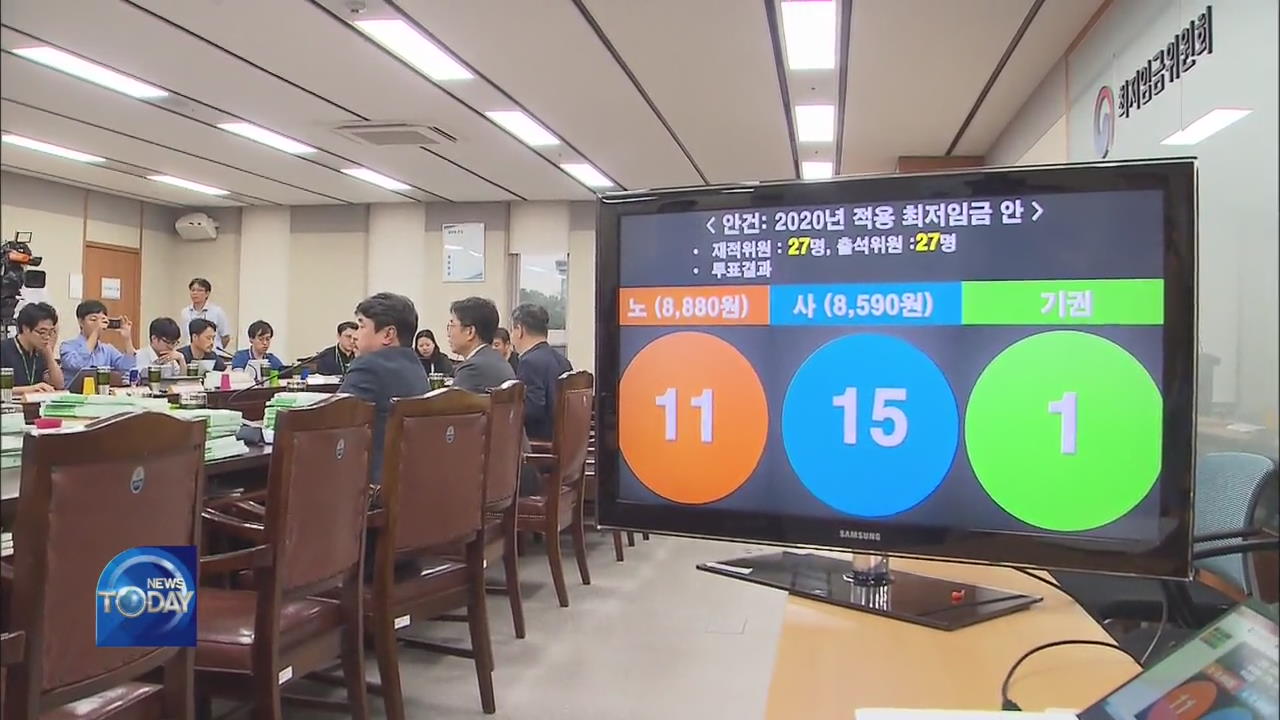
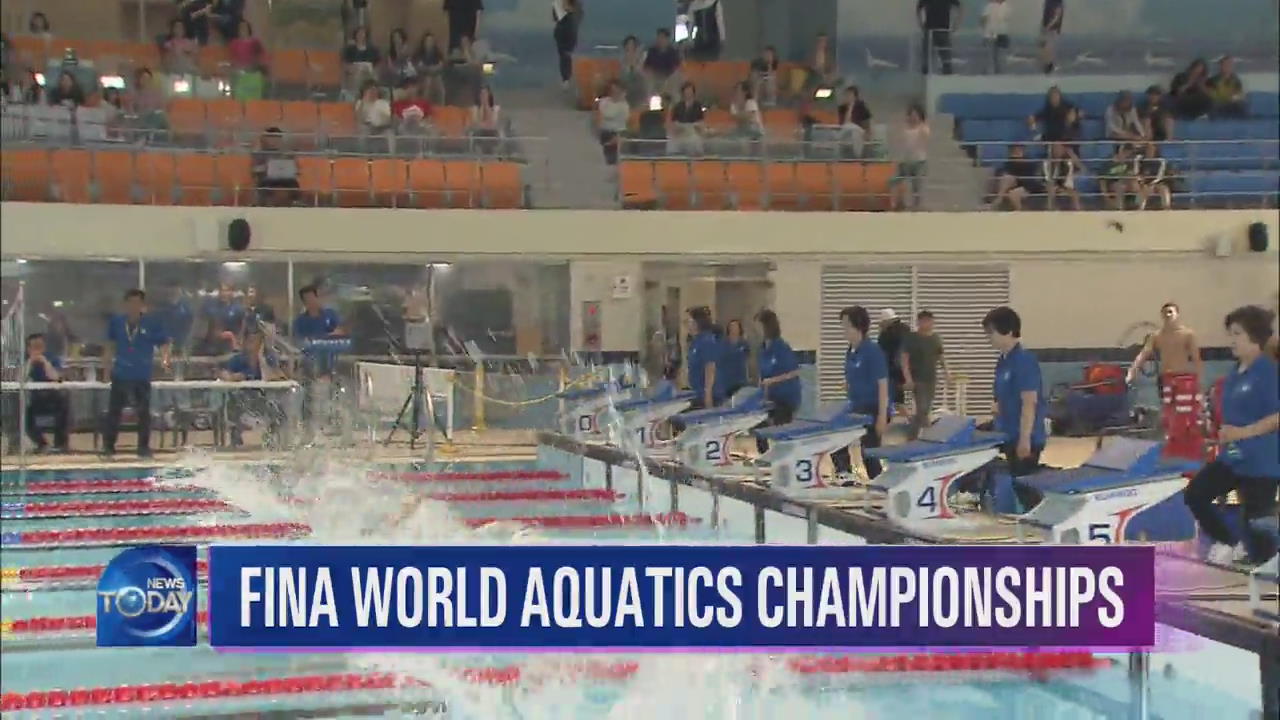

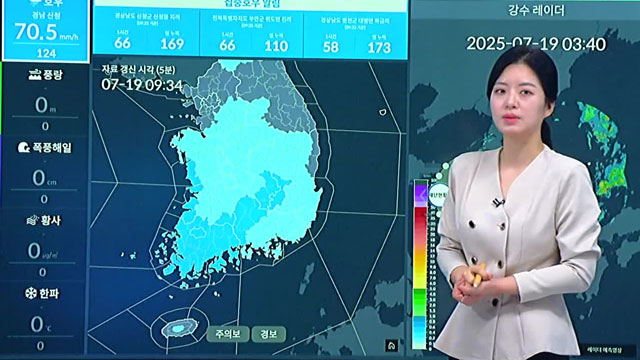

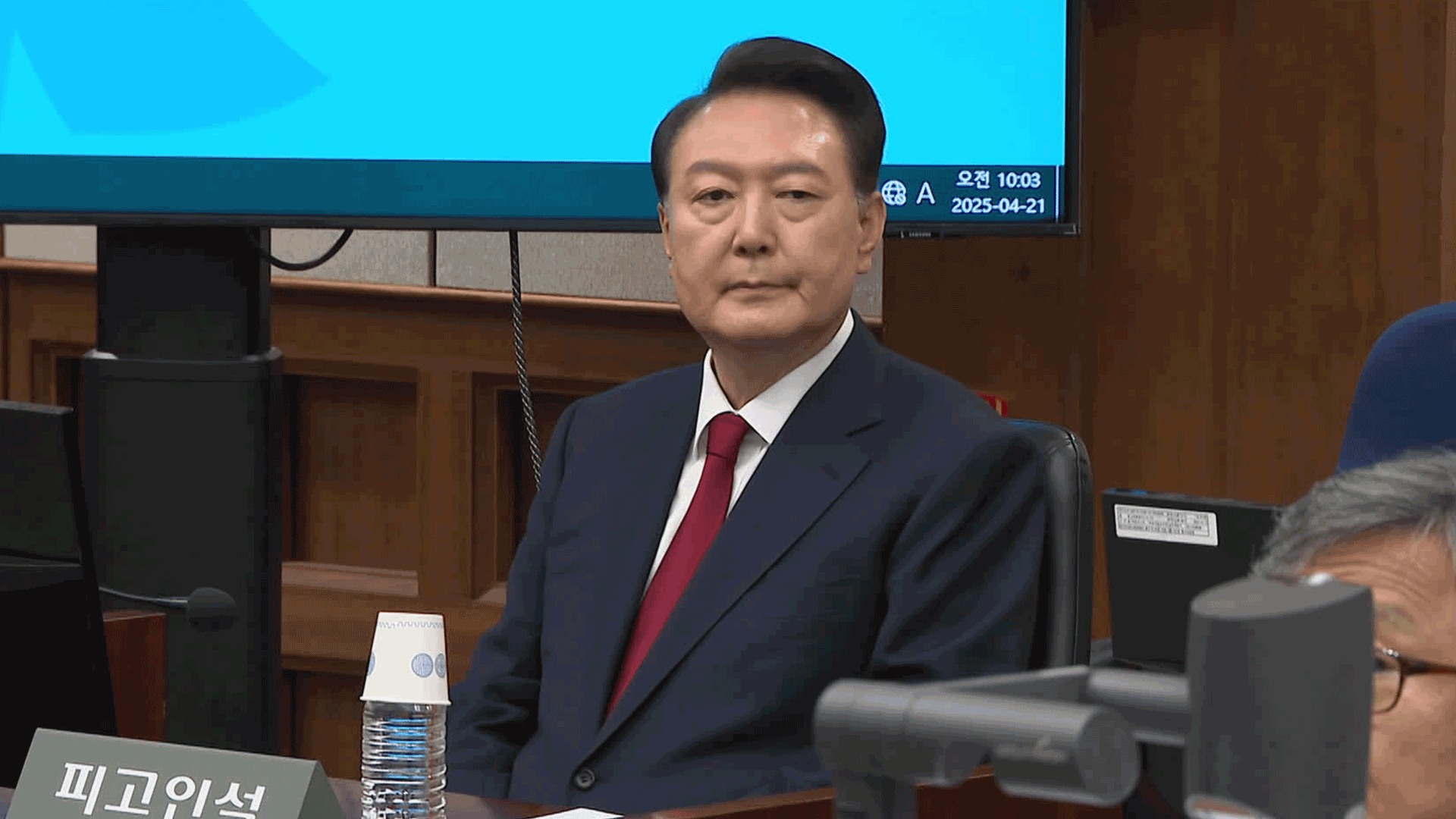

이 기사에 대한 의견을 남겨주세요.